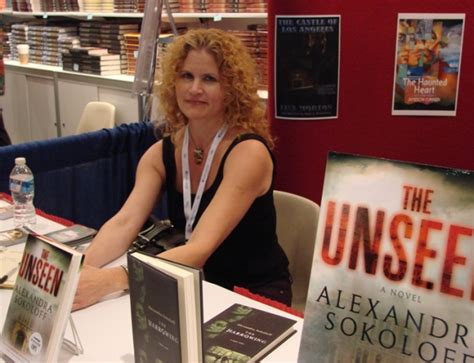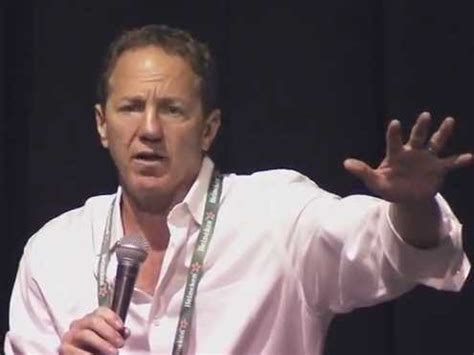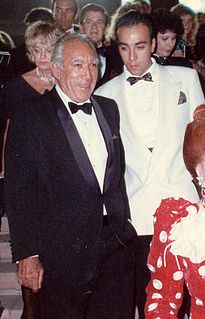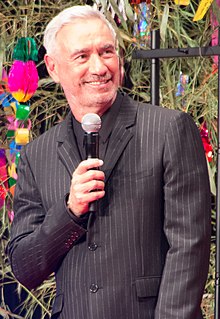A Quote by Phyllis Reynolds Naylor
Once I have the idea for a story. I start collecting all kinds of helpful information and storing it in three-ring notebooks. For example, I may see a picture of a man in a magazine and say, 'That's exactly what the father in my book looks like!'...I save everything that will help--maps, articles, hand-jotted notes, bits of dialogue from conversations that I overhear.
Related Quotes
I think all writers are always collecting characters as we go along. Not just characters of course, we're collecting EVERYTHING. Bits and pieces of story. An interesting dynamic between people. A theme. A great character back story. A cool occupation. The look of someone's eyes. A burning ambition. Hundreds of thousands of bits of flotsam and jetsam that we stick in the back of our minds like the shelves full of buttons and ribbons and fabrics and threads and beads in a costumer's shop.
When mayors get together they probably have better conversations and have better notes to share about running different cities, and just do what suits. Basically, like when you combine all the religions and take the best bits, you should be able to combine all the cities and take the best bits, the information, the tried and tested things.
"Study Bible" is the expression used for Bibles that include significant explanatory notes, usually at the bottom of the page, sometimes in the margins. Often a Study Bible will also include some brief articles, photographs of geographical and archaeological sites, fairly extensive maps, and charts that summarize a lot of information.
You will want a book which contains not man's thoughts, but God's - not a book that may amuse you, but a book that can save you - not even a book that can instruct you, but a book on which you can venture an eternity - not only a book which can give relief to your spirit, but redemption to your soul - a book which contains salvation, and conveys it to you, one which shall at once be the Saviour's book and the sinner's.
I can't become naked for everybody. It's never going to be possible for the person to write the whole story completely, so I find bits of myself, bits of what I think in some articles. And I don't give lip service to journalists. I never make them feel comfortable. I say, "It's your job to make the story."
When we remember something, we're taking bits and pieces of experience - sometimes from different times and places - and bringing it all together to construct what might feel like a recollection but is actually a construction. The process of calling it into conscious awareness can change it, and now you're storing something that's different. We all do this, for example, by inadvertently adopting a story we've heard.
I believe that everything has a purpose and that everything a person does will come back to haunt or save him. Life is like a mirror in which everything we do is reflected back to us. We might not be able to recognize the reflection, and at times the image may be hidden. We may take years to see it or it may not even be visible during our lifetime. But it all comes around in the end. Space is as infinite as our actions are timeless. We are all part of the same invisible story, all travelling in a single continuum.
Sometimes I will give some very vague directions to the designer that I'm working with on a particular project and they'll come back and surprise me with something that really shows a lot of their own 'hand' in it. Other times I'll have a really clear idea about how I want it done and I'll draw it out pretty precisely and say 'make it look exactly like this' and it will be something where it looks like I can say it was 'fully my design'. The work can also range between the two.
Leonardo da Vinci had such a playful curiosity. If you read his notebooks, you'll see he's curious about what the tongue of a woodpecker looks like, but also why the sky is blue, or how an emotion forms on somebody's lips. He understood the beauty of everything. I've admired Leonardo my whole life, both as a kid who loved engineering - he was one of the coolest engineers in history - and then as a college student, when I travelled to see his notebooks and paintings.






































